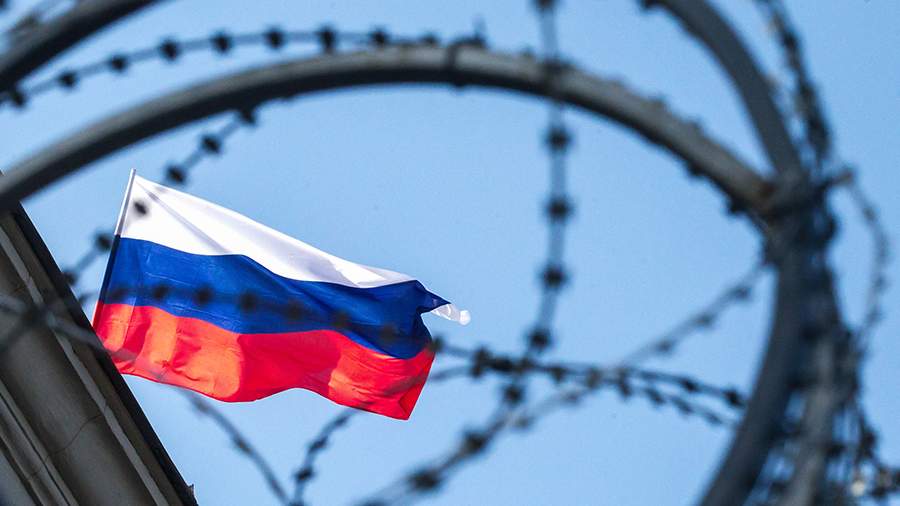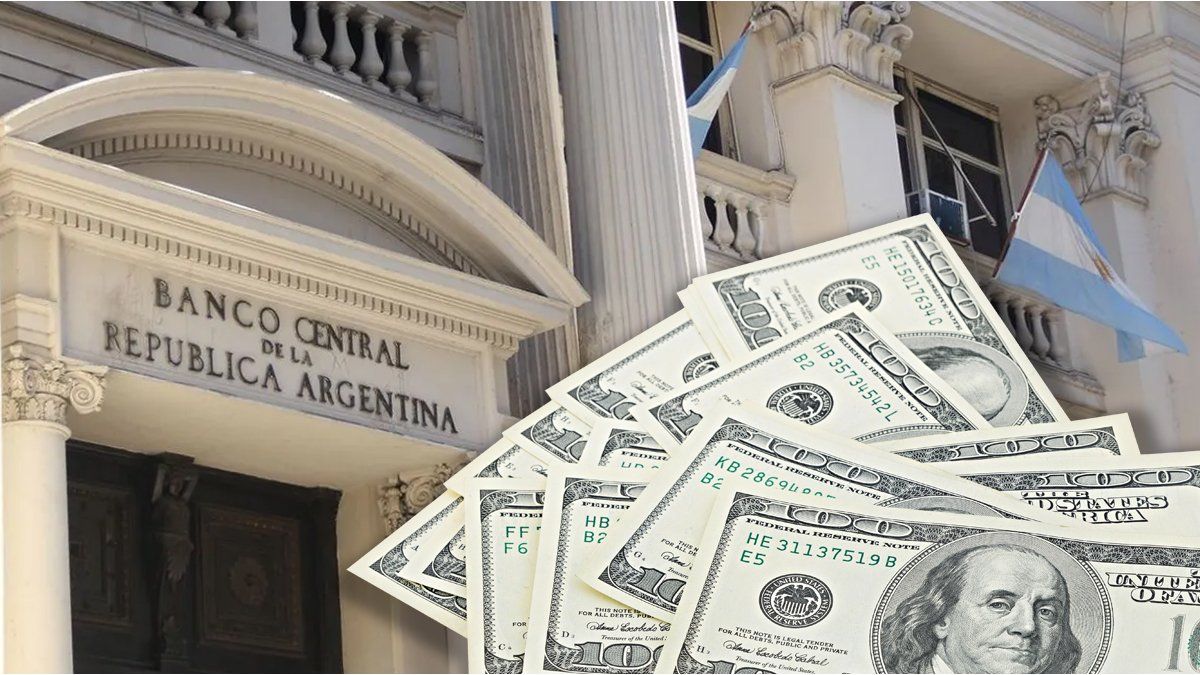The European Union (EU) will continue to prepare new sanctions against Russia in coordination with partners. This was announced on January 14 by the head of European diplomacy, Josep Borrell.
“The EU will continue to prepare new sanctions against Russia in close cooperation with foreign partners. We will strengthen coordination with the United States, NATO and with partners within the OSCE,” Borrell said at a press conference.
A day earlier, the EU officially extended economic sanctions against Russia until July 31, 2022.
Earlier, on December 17, the leaders of the EU member states unanimously decided to extend the economic sanctions against Russia. This was announced by the head of the EU Council Charles Michel. In addition, he added that the Kremlin will face serious consequences if Russia “takes further military action against Ukraine.”
On the same day, the deputy of the Landtag of the federal state of Hamburg, Olga Petersen, expressed regret over the extension of sanctions, noting that this not only harms the economy, but also does not contribute to the development of friendly relations between Germany and the Russian Federation.
The day before, the European Parliament at the plenary session adopted a resolution calling on the EU to prepare for the imposition of sanctions against Russia in the event of the country’s aggression against Ukraine. 548 parliamentarians voted in favor of the resolution, 69 voted against, 54 abstained.
As Vladimir Dzhabarov, First Deputy Chairman of the Federation Council Committee on International Affairs, told Izvestia, the extension of restrictions is a routine procedure that is repeated every six months. She, in his opinion, will not stop until relations are normalized.
Relations between Moscow and the West deteriorated due to the situation in Ukraine and around Crimea, which in 2014 joined Russia following a referendum held on the peninsula. Western countries, accusing the country of interference, imposed sanctions against it, Moscow took retaliatory measures, headed for import substitution and repeatedly stated that talking in the language of sanctions is counterproductive.
Economic sanctions of the European Union are directed against the financial, energy and defense sectors of the Russian Federation. For example, for a number of Russian banks and companies access to the primary and secondary capital markets of the EU is limited, a ban on the import and export of weapons and dual-use goods has been introduced. Among other things, the European Union has limited access to a number of technologies and services for oil production and exploration.
Source: IZ
Jane Stock is a technology author, who has written for 24 Hours World. She writes about the latest in technology news and trends, and is always on the lookout for new and innovative ways to improve his audience’s experience.




